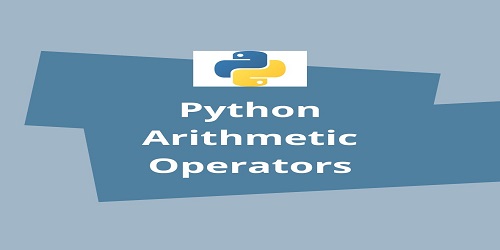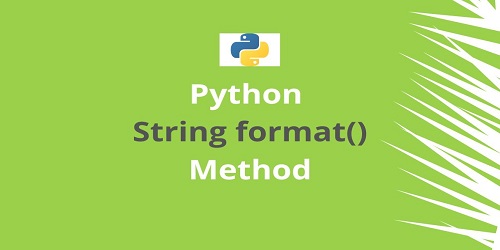Python Arithmetic Operators:
| We can use the PyCharm code editor for this example. If you do not know about it then follow this link- How to install PyCharm for Python and create a program in it. |
(1) Python supports arithmetic operators that are used to perform the four basic arithmetic operations as well as modular division, floor division, and exponentiation.
| Operator | Name | Example |
|---|---|---|
| + | Addition | a + b |
| – | Subtraction | a – b |
| * | Multiplication | a * b |
| / | Division | a / b |
| % | Modulus | a % b |
| ** | Exponents | a ** b |
| // | Floor Division | a // b |
(2) Example of four basic arithmetic operators is given below.

(3) Example of modular division, floor division, and exponentiation is given below.
- Modular Division (%)- Divides the operand on the left by the operand on the right and returns the remainder.
- Floor Division (//)- Divides the operand on the left by the operand on the right and returns the quotient by removing the decimal part. It is sometimes also called integer division.
- Exponentiation (**)- Performs exponential (power) calculation on operands. That is, raise the operand on the left to the power of the operand on the right. For example- 9**2 = 9*9; 9**3 = 9*9*9 etc.










Comments (No)